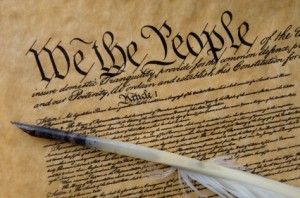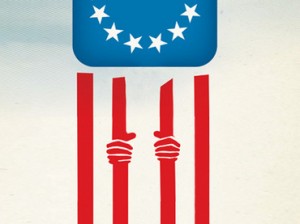 Something momentous will very likely happen this week, something ominous. So ominous that the kid that grew up reading mythology, medieval literature and fantasy, will somehow find it hard to believe if the sky doesn’t darken or the earth become sick as nature herself reproaches the nation for the wrongfulness of the path it has started down. I am referring to the potential signing of the National Defense Authorization Act (NDAA). No one wants to hold up funding for the military, but it contains other provisions that are simply contrary to the very essence of the American nation’s soul. I get a lump in my throat and tight chest every time I think about this bill.
Something momentous will very likely happen this week, something ominous. So ominous that the kid that grew up reading mythology, medieval literature and fantasy, will somehow find it hard to believe if the sky doesn’t darken or the earth become sick as nature herself reproaches the nation for the wrongfulness of the path it has started down. I am referring to the potential signing of the National Defense Authorization Act (NDAA). No one wants to hold up funding for the military, but it contains other provisions that are simply contrary to the very essence of the American nation’s soul. I get a lump in my throat and tight chest every time I think about this bill.
President Obama, once the hero of the narrative who came to office President Obama who “came into office pledging his dedication to the rule of law and to reversing the Bush-era policies” (Andrew Rosenthal, “Politics of Principle,” NYT, Dec. 15, 2011), is likely to sign the law making indefinite detention of American citizens a permanent fixture of American law. They will also be subject to military tribunals. Maybe we’re not quite at the point of using the Bill of Rights for toilet paper, but we’re at least using it as a dinner napkin.


